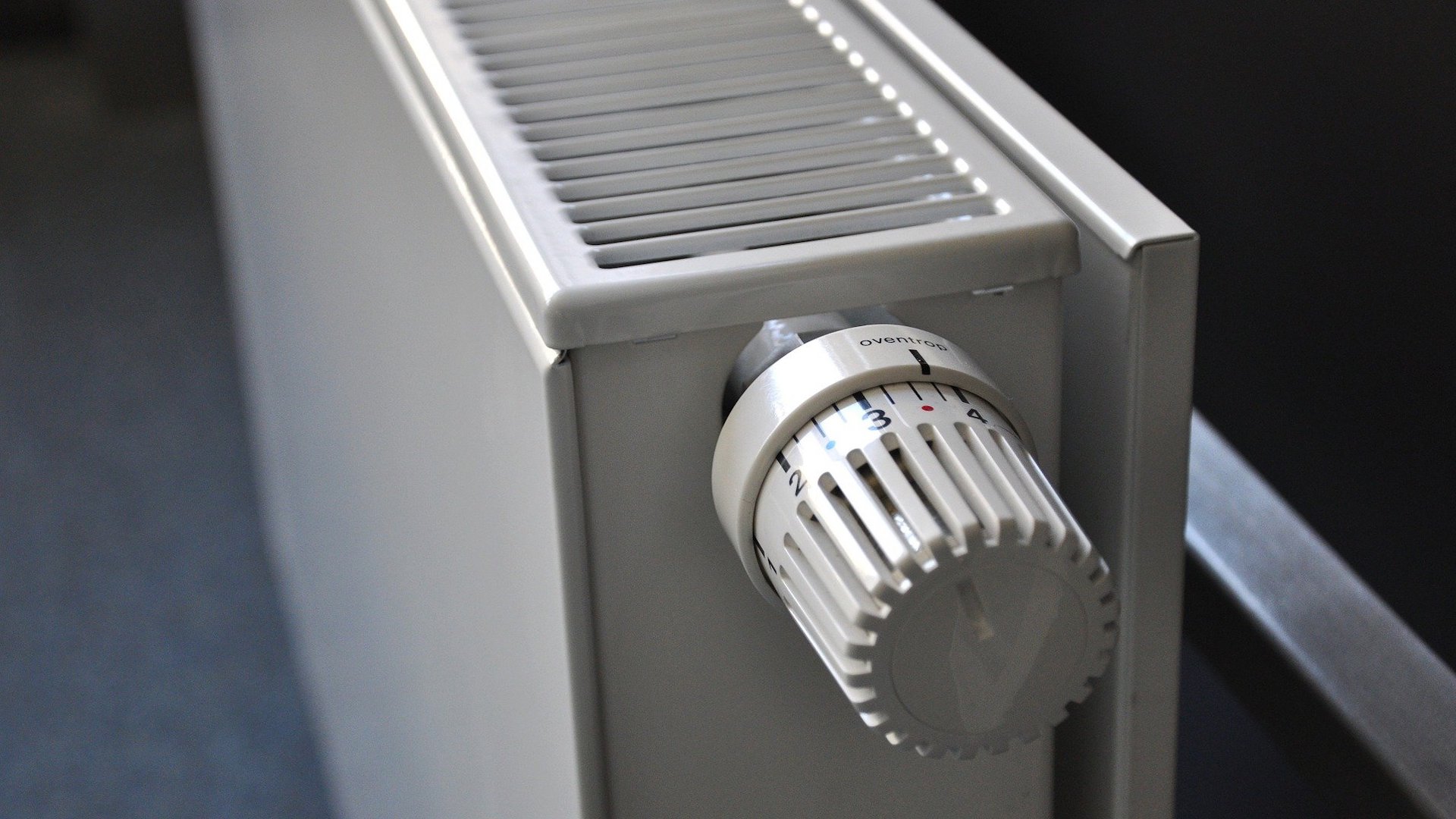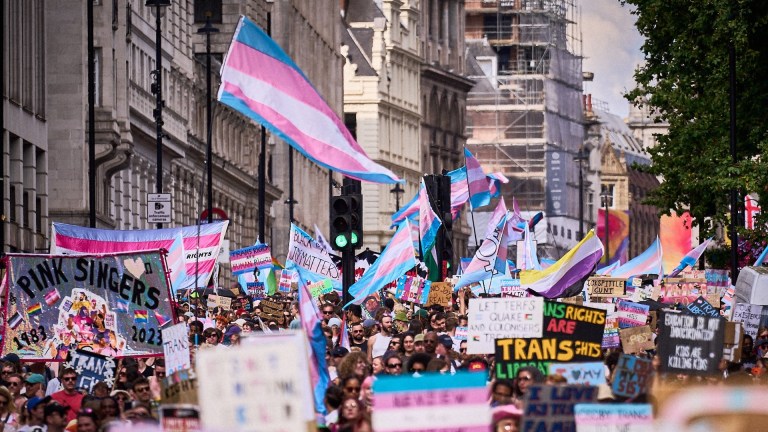“The majority of those who end up in this situation were or had been borrowing money from friends or family and using emergency credit on their meter. It’s like they have exhausted their options for support and have no choice but to disconnect.”
More than 90 per cent of respondents said they have had to ration heating and hot water during lockdown.
The organisation operates more than 140 centres across the UK, giving £49 fuel vouchers to families for prepayment meters. The Big Issue recently partnered with the FBF to ensure people selling the magazine can access support through regional offices.
More than 15 million people in the UK live in poverty, with 700,000 people pushed into hardship during the Covid-19 crisis.
Nearly 90 per cent of people surveyed said they were struggling to top up gas and electricity meters in lockdown. More than 80 per cent were also struggling to afford household bills such as food and water.
“Technical solutions alone will always struggle to solve social issues,” said Dr Elizabeth Blakelock, principal policy manager for energy at Citizens Advice.
Advertising helps fund Big Issue’s mission to end poverty
“That’s why lived experience always needs to be centred in decision making.”
Last week energy regulator Ofgem announced it would raise the price cap on energy bills by £96 from April.
The increase will affect around 15 million households, in the same month when the Government is set to cut Universal Credit by £80 a month. Alastair Cromwell, acting chief executive at Citizens Advice, called the hike “a heavy blow to a lot of households”.
Most people were turning to the FBF after borrowing money from friends and family to keep their meter running. Others ran out of money for fuel entirely and their meters were switched off.
Being unable to pay for heating and electricity, as well as hot water to cook and clean, had a significant impact on people’s mental health, the study showed.
Advertising helps fund Big Issue’s mission to end poverty
“We know that fuel poverty has a detrimental effect on people’s physical health,” Cole said.
“For example, living in a cold home increases the risk of serious illness and even death, particularly among the elderly. However, the impact on mental health is less understood.
“The people we spoke to mentioned struggling with mental health as a result of money, food and living worries. By having their physical wellbeing improved, there was a sense of relief from these worries, if just in the short-term.”
The “hidden” nature of fuel poverty is particularly damaging, the report noted. The organisation called for efforts to recognise it as a poverty issue rather than one for energy suppliers.










